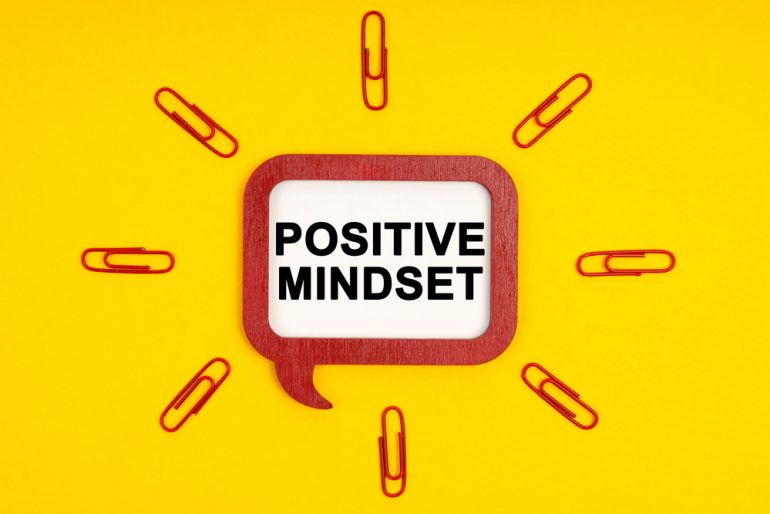The Power of a Positive Mindset
This article explores the influence of having a positive mindset on overall well-being and success. It delves into the concept of mindset, providing tips for cultivating a positive mindset and the benefits it can bring to individuals.
Positive thinking has long been celebrated for its ability to shape one’s outlook on life and contribute to personal growth. Scientific research has shown that having a positive mindset can have significant impacts on a person’s mental and physical well-being.
A positive mindset encompasses a range of attributes, including optimism, resilience, and self-belief. It involves focusing on the positives in any situation, finding opportunities for growth, and maintaining a hopeful attitude. This mindset can help individuals overcome challenges, boost their motivation, and increase their overall happiness.
Cultivating a positive mindset requires active effort and self-awareness. Here are a few strategies that can help individuals foster a positive mindset:
1. Practice gratitude: Taking a few moments each day to reflect on the things one is grateful for can shift focus from negativity to positivity. This practice has been linked to increased happiness and overall life satisfaction.
2. Surround yourself with positive influences: Surrounding oneself with positive and supportive individuals can help reinforce a positive mindset. Engaging in meaningful conversations, seeking support, and maintaining healthy relationships can all contribute to a positive mental outlook.
3. Embrace failure as a learning opportunity: Adopting a growth mindset and viewing failure as a stepping stone to success can help individuals persevere through setbacks. By reframing failure as a chance to learn and grow, individuals can maintain a positive attitude towards their goals.
By cultivating a positive mindset, individuals can unlock their full potential and experience greater levels of success and well-being. The power of positivity extends beyond mere optimism – it can shape our thoughts, behaviors, and ultimately, our lives.

